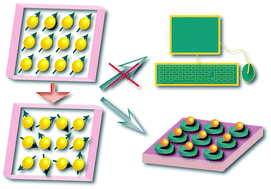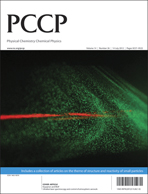Quantum chemistry simulation on quantum computers: theories and experiments
Abstract
It has been claimed that quantum computers can mimic quantum systems efficiently in the polynomial scale. Traditionally, those simulations are carried out numerically on classical computers, which are inevitably confronted with the exponential growth of required resources, with the increasing size of quantum systems. Quantum computers avoid this problem, and thus provide a possible solution for large quantum systems. In this paper, we first discuss the ideas of quantum simulation, the background of quantum simulators, their categories, and the development in both theories and experiments. We then present a brief introduction to quantum chemistry evaluated via classical computers followed by typical procedures of quantum simulation towards quantum chemistry. Reviewed are not only theoretical proposals but also proof-of-principle experimental implementations, via a small quantum computer, which include the evaluation of the static molecular eigenenergy and the simulation of chemical reaction dynamics. Although the experimental development is still behind the theory, we give prospects and suggestions for future experiments. We anticipate that in the near future quantum simulation will become a powerful tool for quantum chemistry over classical computations.


 Please wait while we load your content...
Please wait while we load your content...